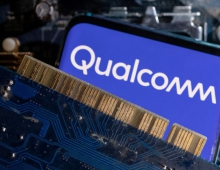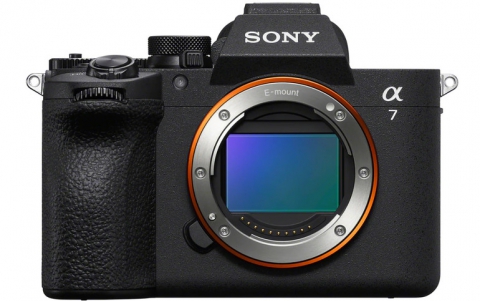
Qualcomm's Profit Hurt by Dispute Over China Royalties
Qualcomm said it's struggling to collect license revenue from handset makers in China, the world's largest mobile-phone market, threatening profit growth. Qualcomm gave a quarterly earnings forecast and cited missed royalty payments for chips running on the new long-term evolution standard as manufacturers fail to report phone sales or refuse to sign contracts.
Even as Qualcomm sells more chips in China, Chief Executive Officer Steve Mollenkopf must work to end the royalty disputes with phone makers and resolve a government investigation into its business to get licensing back on track in the world's most populous country.
Qualcomm's net income in the fourth quarter, which ends in September, will be $1.03 to $1.18 a share, the company said in a statement.
"We are experiencing some near-term challenges in the licensing business, particularly related to China," Qualcomm President Derek Aberle said in a phone interview. "This is something that we will take care of. The timing is pretty uncertain."
The company also announced a $150 million investment in Chinese startups working to develop mobile technologies.
Qualcomm is in a dispute with a large customer over license revenue, and other customers are under-reporting the amount of phones sold that they should have paid license fees on, Aberle said. Some other small companies in China haven't yet agreed to pay, he said.
In November, China's National Development and Reform Commission begun an investigation related to an anti-monopoly law. That caused some non-licensed device makers to hold off on negotiating with the company on fees, Qualcomm said.
The Chinese government agency is looking at Qualcomm?s licensing business and its interaction with the company's chip unit.
Qualcomm predicts industry wide shipments of 1.3 billion 3G and 4G mobile devices in 2014. Of that total, the company estimates that customers will report 1.04 billion to 1.13 billion units as the basis for license revenue calculations, meaning Qualcomm won?t get paid for the technology on as many as 260 million phones this year unless it can solve the disputes and sign up new licensees, Aberle said.
Qualcomm's sales also come from semiconductors. The company said it shipped a record 225 million chips in the quarter, up 31 percent from a year earlier.





















